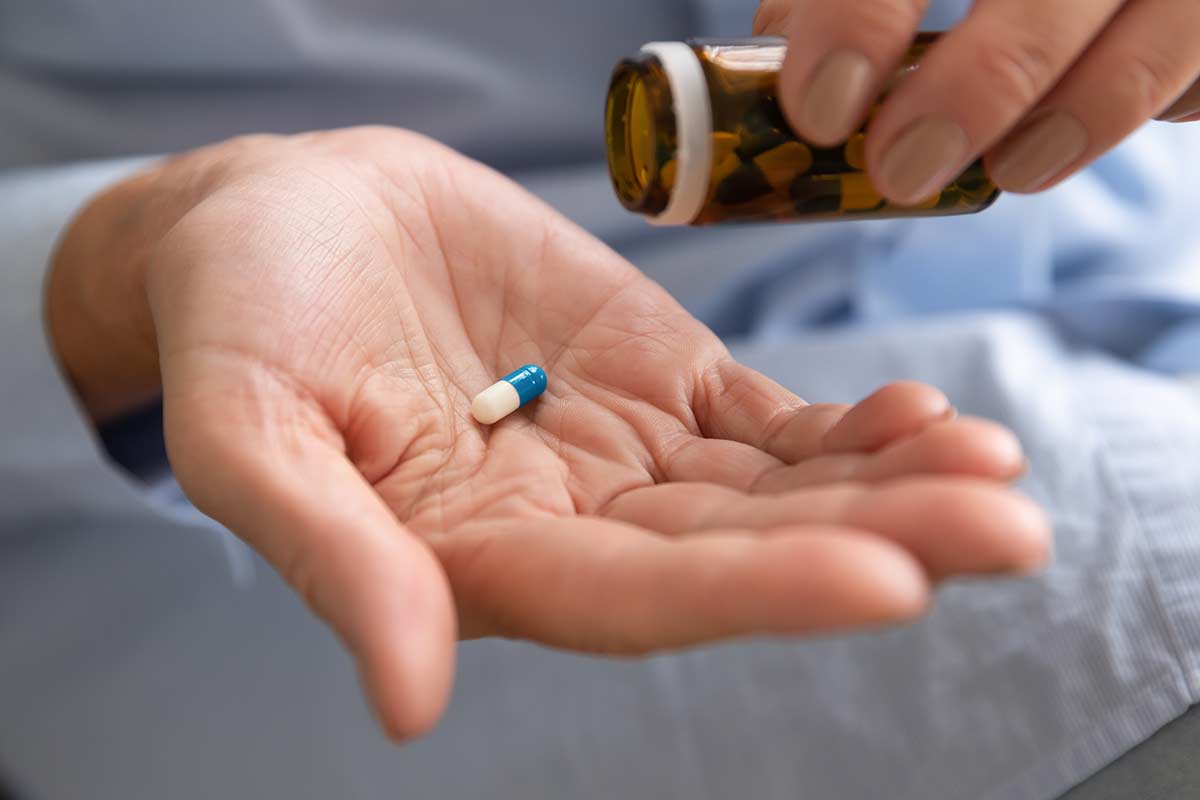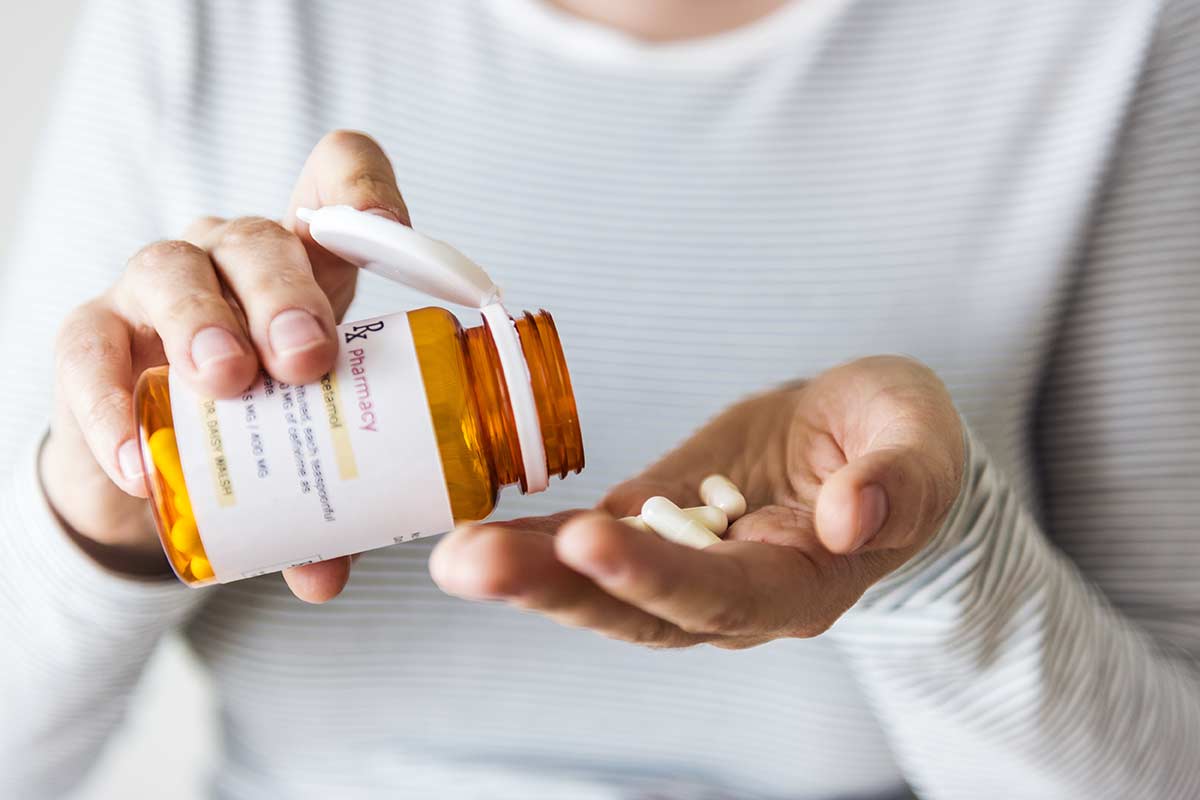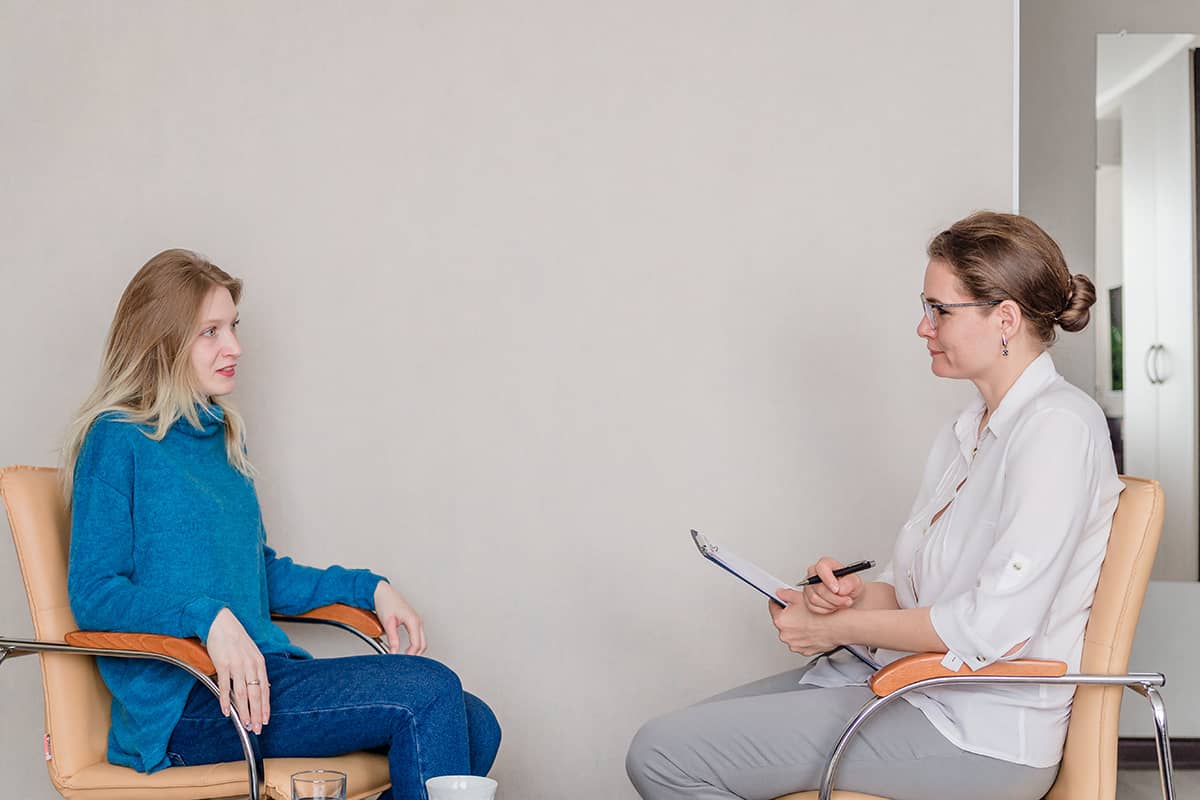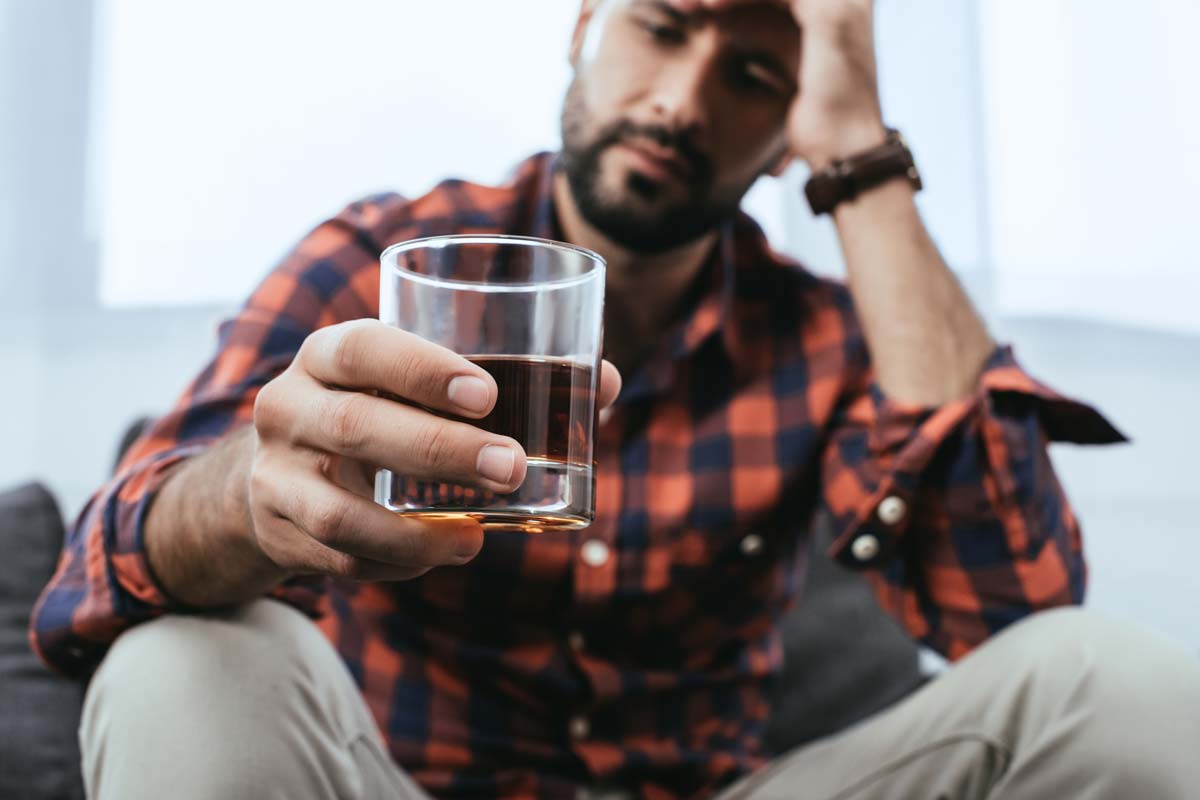When a loved one is struggling with a substance use disorder, it’s easy to think that willpower alone should be enough for them to overcome it. However, addiction is not a choice; it has been proven to be a chemical change in the brain. For many, past trauma has impacted the way they use drugs or alcohol. Trauma-informed care can help those who are struggling with addiction work through traumatic experiences and develop healthy coping skills for lifelong recovery.
How Addiction Relates to Trauma
Some individuals turn to drugs or alcohol to cope with something deeper. To get through life or trauma they’ve experienced, they numb and self-soothe to overcome feelings and thoughts that have become too burdensome. This helps them disconnect and cope, but all the while, substance abuse causes even more problems. Understanding how addiction relates to survival can help more people recover from addiction. For example, an overwhelming number of adolescents receiving treatment for substance use disorders end up having a history of trauma exposure. This alone points to trauma being a consideration factor when developing treatment plans for those dealing with addiction. It also explains why trauma-informed treatment is so necessary.
How Trauma-Informed Treatment Can Help
Trauma-informed therapy is based on the belief that a person’s substance use can be their way of coping with negative, overwhelming, or intrusive thoughts and feelings. These can be from memories, current situations, or past traumas. With these clients, safety is a high priority for therapists. Clients often experience triggering moments when learning how trauma has played a role in their lives. Through therapy that takes a trauma-informed approach, the therapist helps the client make positive connections, handle situations that have triggered drug use, and create a toolbox of strategies for overcoming trauma and avoiding substance use in the future.
Trauma-informed therapy used for substance abuse disorders involves:
- A respectful, safe place to do the work
- An understanding of how mental health-related issues and trauma co-exist with addiction
- Leading the client to have self-compassion and self-respect instead of shame and guilt surrounding trauma and addiction
- Creating healthy solutions to the identified problems
- Finding ways to provide ongoing support
Three Benefits of Trauma-Informed Treatment
There are many benefits of taking this approach, but three stand out as the most helpful:
- It provides holistic care
- It offers a lower risk of re-traumatization
- It uses well-known approaches to therapy
Trauma-informed treatment takes a holistic approach, recognizing that addiction has roots in both chemical and emotional causes. It connects recovery and resilience, trauma and addiction, so that the whole person can be treated. It can be provided in any setting and uses evidence-based information, family engagement, empowerment, and collaboration as its touchpoints for success.
Many people are exposed to trauma on some level or another in their lifetime, but taking a trauma-informed approach allows a therapist who understands how trauma affects a person to have a hand in helping a person through recovery. If someone not as informed on trauma is assisting a person, there can be accidental incidences of re-traumatization. A deeper depth of compassion and sense of safety in trauma-informed therapy helps the client feel more compelled to heal. The extra gentleness provided in these sessions is beneficial for success in recovery.
Trauma-informed treatment uses some of the primary and most evidence-backed methods of treatment available today. Not only is cognitive-behavioral therapy especially effective for co-occurring disorders involving addition and mental health, but EMDR is as well. EMDR uses rapid eye movements to desensitize clients from the negative emotions, detrimental behaviors, and possible stigmas associated with trauma and addiction. It allows clients to process the emotions surrounding their trauma so that they can create healthier behavior patterns.
Trauma-Informed Treatment at Colorado Medication Assisted Recovery
At Colorado Medication Assisted Recovery, clients can benefit from therapists who take a trauma-informed treatment approach. Understanding the symptoms of trauma, PTSD, and other related issues can help those suffering from a substance use disorder. Options such as telehealth and outpatient meet various needs, and our approaches offer a complete recovery to clients. Contact us at 833.448.0127 for more information.
























